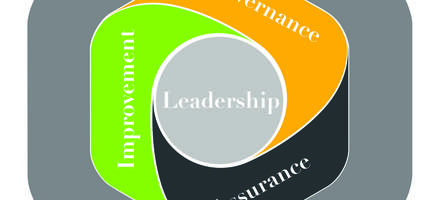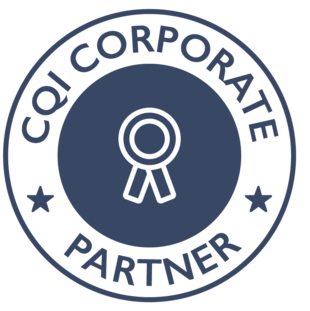
Navigating the cost of quality in a digital age
Progress indicator
The CQI’s second Corporate Connect event of 2018 was delivered by Oakland Consulting on 22 March in London.
The quality function plays a vital role in helping organisations to measure and manage costs. A challenge for quality professionals in the 21st century is to help organisations better analyse data and link them to business outcomes.
“Technology is coming whether we like it or not. We have a choice which is to understand and embrace our position in the digital world or get left behind,” said CQI CEO Vincent Desmond.
At ‘The True Cost of Quality’, the CQI’s Corporate Connect event on 22 March 2018 at The Hatton in London, UK, Robert Oakland, CQP MCQI, and Richard Corderoy, CQP MCQI, both Partners at Oakland Consulting, explored the challenges and potential benefits of using data as a key management tool.
“Data analysis [provides] ammunition to talk the language of the business,” said Oakland. “We [quality professionals] play an absolutely key role in coaching, mentoring and [driving] fact-based decision-making. It helps us understand the costs of our quality efforts.”
The first portion of the event, led by Oakland, explored the costs of quality. Attendees identified hidden data, failure, existence of internal silos and misalignment of accountability among the key drivers of quality costs.
He highlighted the P-A-F Model, which is composed of Prevention Costs, Appraisal Costs, and Failure Costs, as a good way of standardising quality costs. .
This approach was the key takeaway for attendee Robert Ayres, Programme Quality Manager at Tideway, who said: “The use of the P-A-F Model is something that we need to implement more rigorously in our work.”
The second portion of the event was led by Corderoy, who explored the practical applications of advanced analytics to the quality field.
“When we think about AI and data analytics, the first thing that comes to mind is Cambridge Analytica, Facebook and Google adverts – the sinister edge. What seems to get lost is how we can apply these tools to make a business case for quality to the board,” he said.
Corderoy used Microsoft Azure as an example of how cloud-computing services can be used as a problem-solving tool to identify root causes and factors. Users of the platform can identify missing values, compare algorithms, create a boosted decision tree, determine which of their data sets has the most impact on business and capture false positives.
“This is the holy grail of statistical process control,” he said, adding that it can measure huge areas of operational performance, production in factories, the service in services firms, and spot customers about to leave based on their behaviour, and identify key talent.
For attendee Cecilia Suarez-Lledo, Quality and CPI Manager at Fluor, what resonated most from the event was the “important role of data, capturing data and demonstrating the impact of quality in the business – the value and savings [that can be made].”
Quality World

Get the latest news, interviews and features on quality in our industry leading magazine.



